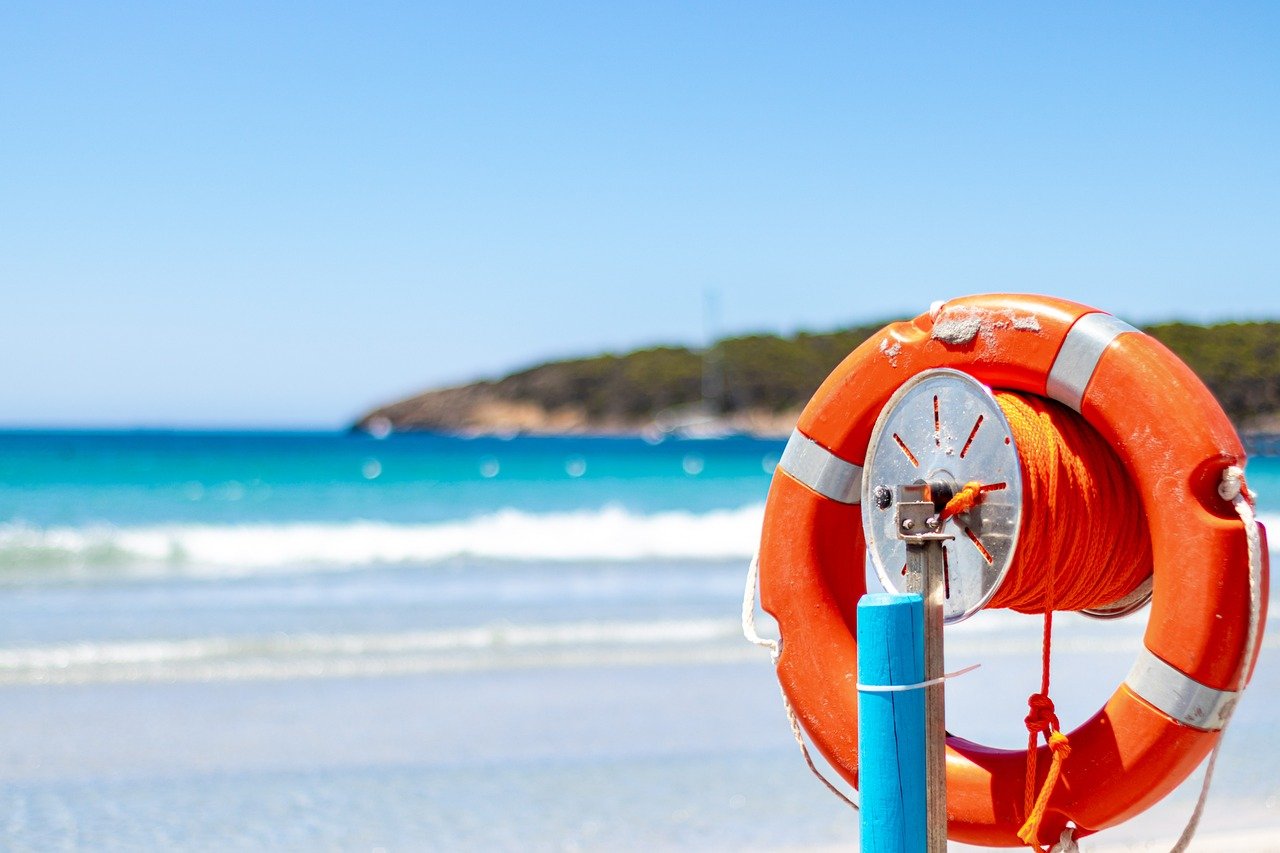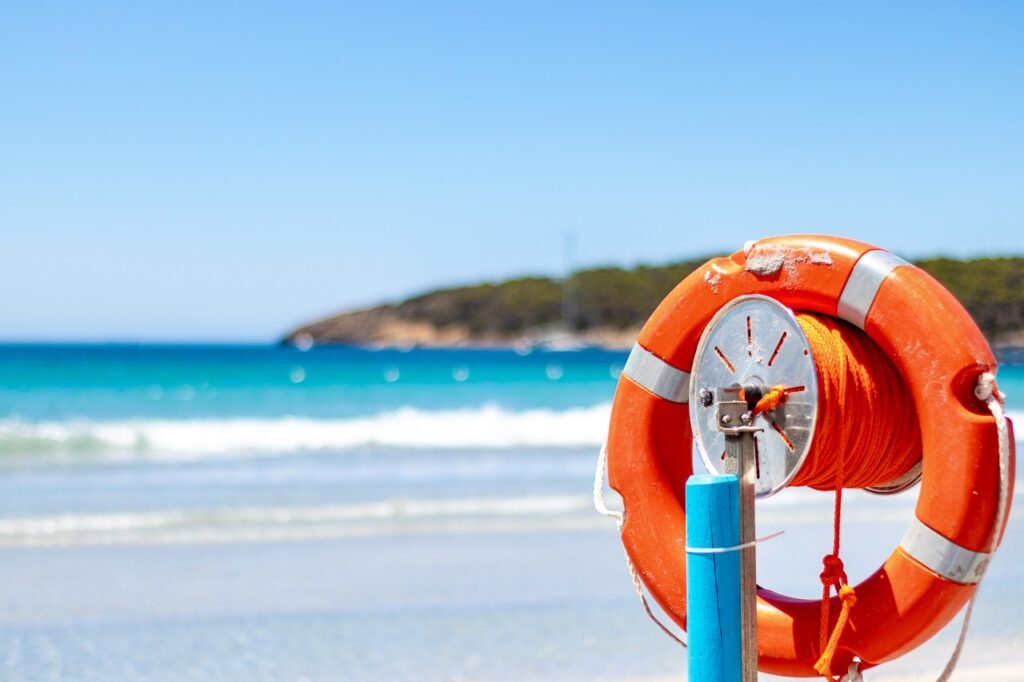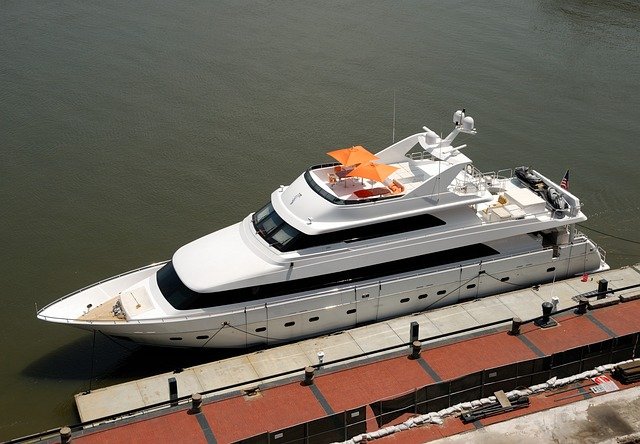
Boat Safety 101: Keeping You and Your Passengers Safe

The Skipper’s Duty: Ensuring Everyone’s Safety on Board
As the skipper, you hold the ultimate responsibility for the safety and well-being of everyone on board. Your role extends beyond navigating and steering the vessel; it encompasses ensuring that all safety protocols are followed, equipment is in working order, and passengers are briefed on emergency procedures. It is your duty to stay vigilant, make informed decisions, and respond swiftly to any potential hazards. By prioritizing safety and demonstrating strong leadership, you create a secure and enjoyable environment for your crew and passengers, making every voyage a safe and memorable experience.
Wear Life Jackets
Ensure that everyone on board wears a properly fitted life jacket. Life jackets are the most effective way to prevent drowning in the event of an accident.
Conduct Pre-Departure Safety Checks
Before setting sail, check the boat’s equipment, fuel levels, navigation lights, and emergency supplies. Regular maintenance and inspections can prevent unexpected issues.
Know the Weather Conditions
Always check the weather forecast before heading out. Avoid boating in severe weather conditions, and be prepared for sudden changes in the weather.
Follow Navigation Rules
Familiarize yourself with local boating laws and navigation rules. Understanding right-of-way, speed limits, and buoy markers helps prevent collisions and accidents.
Avoid Alcohol Consumption
Operating a boat under the influence of alcohol impairs judgment and reaction time. Stay sober to ensure the safety of everyone on board.
Use a Float Plan
Inform a trusted person about your boating plans, including your destination, expected return time, and emergency contacts. A float plan can be crucial in the event of an emergency.
Carry Essential Safety Equipment
Equip your boat with essential safety gear, such as fire extinguishers, flares, first aid kits, and a VHF radio. These items can be lifesavers in an emergency.
Enroll in a Boating Safety Course
Take a boating safety course to learn essential skills and knowledge. Courses cover navigation, emergency procedures, and safety regulations, making you a more competent and confident boater.
Monitor Carbon Monoxide Levels
Be aware of the dangers of carbon monoxide poisoning. Ensure proper ventilation, and install carbon monoxide detectors on your boat to detect dangerous levels.
Practice Man Overboard Drills
Regularly practice man overboard drills with your passengers. Knowing how to respond quickly and effectively can save a life if someone falls overboard.
Keep a Lookout
Always maintain a proper lookout by keeping an eye on the surroundings, other vessels, and potential hazards. Vigilance helps avoid accidents and ensures smooth sailing.
Understand Anchoring Techniques
Learn proper anchoring techniques to secure your boat safely. A well-anchored boat prevents drifting and provides stability, especially in adverse conditions.
BoatzNow Final Word
These 12 tips provide a comprehensive guide to boat safety, ensuring a secure and enjoyable experience for you and your passengers.













Comments
1
[…] Inform your passengers about eco-friendly boating practices. Encourage them to respect wildlife, dispose of waste properly, and follow sustainable guidelines. […]